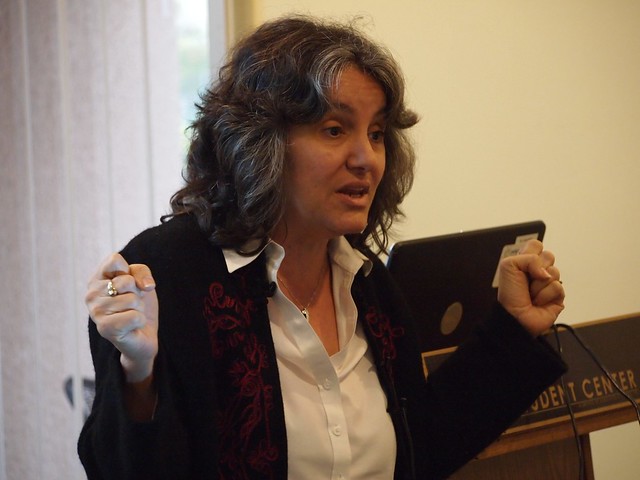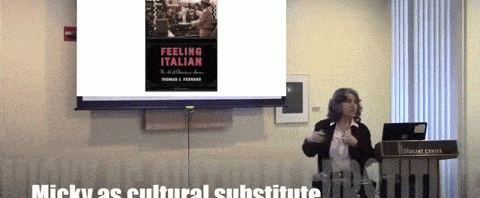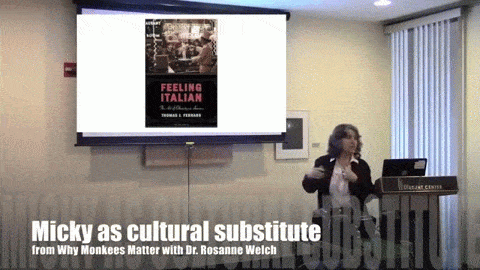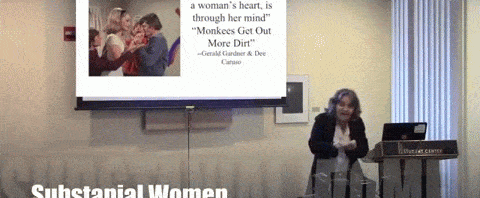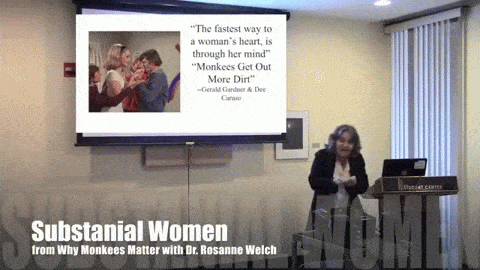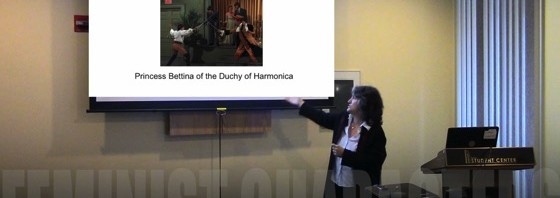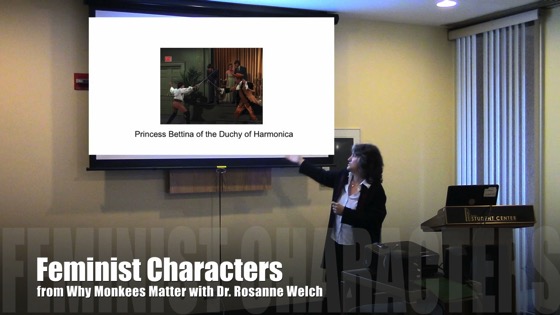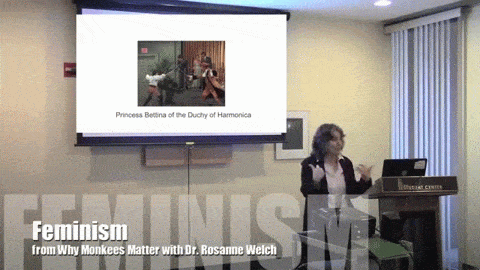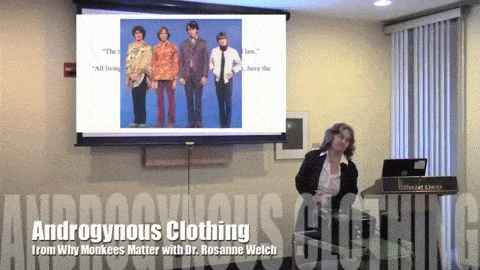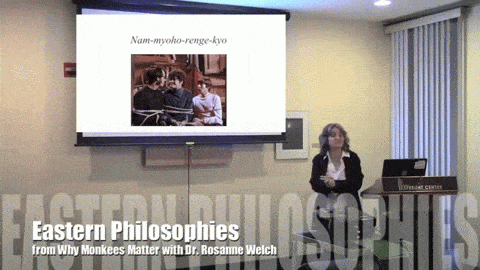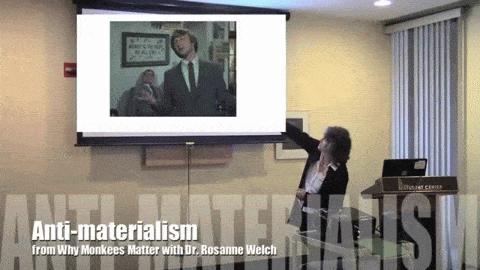
I wanted to tell you all about the first (hopefully annual) Othering and Belonging Conference sponsored by the Haas Institute for a Fair and Inclusive Society at UC Berkeley that I attended recently in Oakland, California where I had the great pleasure of listening to a panel discussion between feminist film scholar and all around philosopher, bell hooks (all in small letters like my poetic icon e.e. cummings) and john a. powell (who admitted copying his small lettered name from bell), as well as hearing from author Andrew Solomon and columnist Charles Blow and Judith Smith, Artistic Director and Founding Member of AXIS, a physically integrated dance company of abled and disabled dancers.
From my split persona as a Writer-Producer/Writer-Professor I see the issue of othering in the prism of media and how it can help or hinder the way viewers ‘other’.
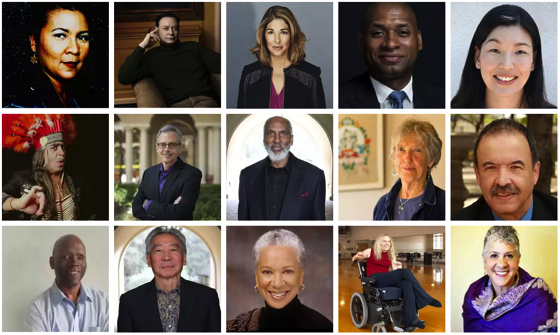
I can only hope there will be more of these conferences scattered across the country in the coming years as it was insightful and inspirational – even if sometimes I was saddened by the idea that they were preaching to the choir. But the speakers were clear that it was my job as a choir member (read: professor and writer) to go back out into the community and speak to others – about othering, which is a concept I learned of while teaching a thematically based history course.
Othering was a word I had rarely (if ever) heard in the course of my own higher education and one that invariably brings the question “What is Othering?” — even from other academics — when I mention it. I believe my colleague, Dr. Peg Lamphier (who attended the conference with me) put it best when mentoring me into teaching the thematic history course. She said the recipe for othering was to take two groups with a difference and allow one group to feel superior due to that difference (like the way European explorers who believed in a religion based on one God felt superior to the Native Americans and tribal Africans they colonized in the Age of Discovery because those groups believed in a religion based on the worship of many gods) — and so the Europeans thereby used that supposed superiority to oppress the (often darker-skinned) other. That makes some people think othering and racism are one and the same, but in fact racism is only one way in which to other someone. You can other people who look just like you as long as one minor detail about them (maybe their sexual orientation) lets you say they are “not like me” enough.
I also appreciate this description of Othering “any action by which an individual or group becomes mentally classified in somebody’s mind as “not one of us”. Rather than always remembering that every person is a complex bundle of emotions, ideas, motivations, reflexes, priorities, and many other subtle aspects, it’s sometimes easier to dismiss them as being in some way less human, and less worthy of respect and dignity, than we are.” Thanks to the website “There are No Others: A Catalogue Of ‘Othering” which I ran across while writing this piece. It’s a website that mentioned things like the reaction to Rae in Hunger Games being just ‘some black girl’ and some viewers admission that that caused them to cry less when she was gone.
Link: Othering 101: What Is “Othering”? from There Are No Others blog
We can spend hours finding ways in which the human race has othered each other over millennia and we can spend hours defending their need to do that for survival (as in sometimes men who follow women into dark alleys might have nefarious plans so women should assume the worst and NOT walk into dark alleys alone at night). But the question of the conference, which was printed on the reusable bags they gave, was the real question worth spending hours on:
“How can we think about, talk about, and give birth to a society in which everyone belongs?”
So how DID the conference planners think about giving birth to a society in which everyone belongs – they began with a discussion of mothering – or more generically parenting – with the opening night Keynote speaker Andrew Solomon (author of Far From the Tree). Solomon began his extremely well-written, well-performed and deeply honest talk with a medical definition of homosexuality from the 1960s – the decade of his birth. By that definition, Solomon was immediately othered, which brought him an interest in how the other others in society are treated – and because of the way his mother handled things, he wondered how other parents deal with children who are othered – whether from physical or mental disabilities. The stories he told of families embracing children with dwarfism or autism or many other ‘differences’ made us cry – and laugh – and made me order the book immediately. Solomon ended his talk with the news that he himself now had children – something unimaginable in his childhood where homosexuality was marked as a crime.
Solomon used a quote from his mother to bookend the lecture: “The love you have for your children is like no other love in the world and until you have children, you don’t know what it’s like.” It was a phrase he said he took as the greatest compliment when he was young but later came to anger him once he had come out of the closet and believed he would never be legally allowed to have children — But after he had his own children, he realized his mother was right. Solomon studied several families to learn how they managed children with identities that didn’t match the parents’ identity. He wanted to study how parents and children accepted each other and he found that love and acceptance were two different things. The beauty of his – and everyone else’s presentation across the weekend – was the focus on how learning to love and working on the skill of loving – really loving each other – is the only solution to acceptance.
Andrew Solomon TED Talk – Love No Matter What
What worked about the conference was that it wasn’t a purely academic exchange of professors reading from papers about deeply detailed concepts about obscure old films (not that all academic conferences are like that, but some are…). This one involved community activists like Alana Banks and Alicia Garza of #BlackLivesMatter and organizers and writers and middle school teachers AND professors – and the presenters were polished speakers sharing insights on this much larger issue of life for all of us — How can we give birth to a society in which everyone belongs? As I said earlier, from I see this issue in the prism of media and how it can help/hinder othering. We are what we see. Many sociologists believe the existence of Will and Grace as a top ten tv show helped move America forward on the issue of gay rights/same-sex marriage faster than any other social movement in our history – that includes slavery, which took 200 years to fix and African American civil rights, which took a hundred years to fix. While I know Will and Grace can’t take all the credit, I do believe the weekly exposure to an openly gay character who was the first one to come into their homes helped – much the same way people purchasing Frank Sinatra records opened up their acceptance of Italians into mainstream American life (yep, when my grandfather first came here the signs read “No Dogs of Dagos allowed”) and the same way Cagney and Lacey brought the idea of females in the police force and in the military into our living rooms. Or in the more recent media world, how the paraplegic characters Jason Street on Friday Night Lights and Artie Abrams on Glee brought the experience of a disabled person who was not looking to be cured into our homes. (that’s in opposition to the cult-famous return of the Brady Bunch TV movies where Bobby began in a wheelchair but was then ‘cured’). This form of ‘other’ was discussed by Judith Smith the Artistic Director and Founding Member of AXIS, a physically integrated dance company of abled and disabled dancers, who had become disabled in a car accident when she was 17. She represented one of the ways a person can begin life belonging but then be thrust into the role of ‘other’ and have to adjust quite immediately.
And finally there was the conversation between bell hooks and john a. powell during which their genuine friendship was evident and which imbued their discussion with the love they both advocated as the only solution – taking the time to know others so that we can come to love others.
One thought that kept recurring to me was that this message of love – of motherly and parental love – is often dismissed and considered ‘sappy’ when delivered by women – the mothers of our world whether they be famous leaders or local neighbors – but when men like professor powell organize an entire weekend around the idea, love suddenly becomes masculine and academic and strong – which it always was. So why does it take men to make this concept strong – don’t get me wrong, I want this message to be disseminated to everyone everywhere, and I’m glad they are stepping up to the conversation in order to address this issue of othering – but I’m saddened that the very othering of women kept anyone from listening to us earlier — say when we were all being told these things by our own mothers…
We can and will talk about how the media influences society as the weeks go by – if you have any comments or ideas to share, let me know via the comments, email at rosanne@welchwrite.com or via Twitter at @RosanneWelch and we’ll develop your ideas as we go – in much the same way the conference planners hoped the conversation would continue. As to the conference, I’ll wrap up this wrap up by returning to Andrew Solomon for the theme that came from the entire conference: We must all work toward sending the message that it is our differences and our negotiation of difference that unite us. That is how we can give birth to a society in which everyone belongs.
***

